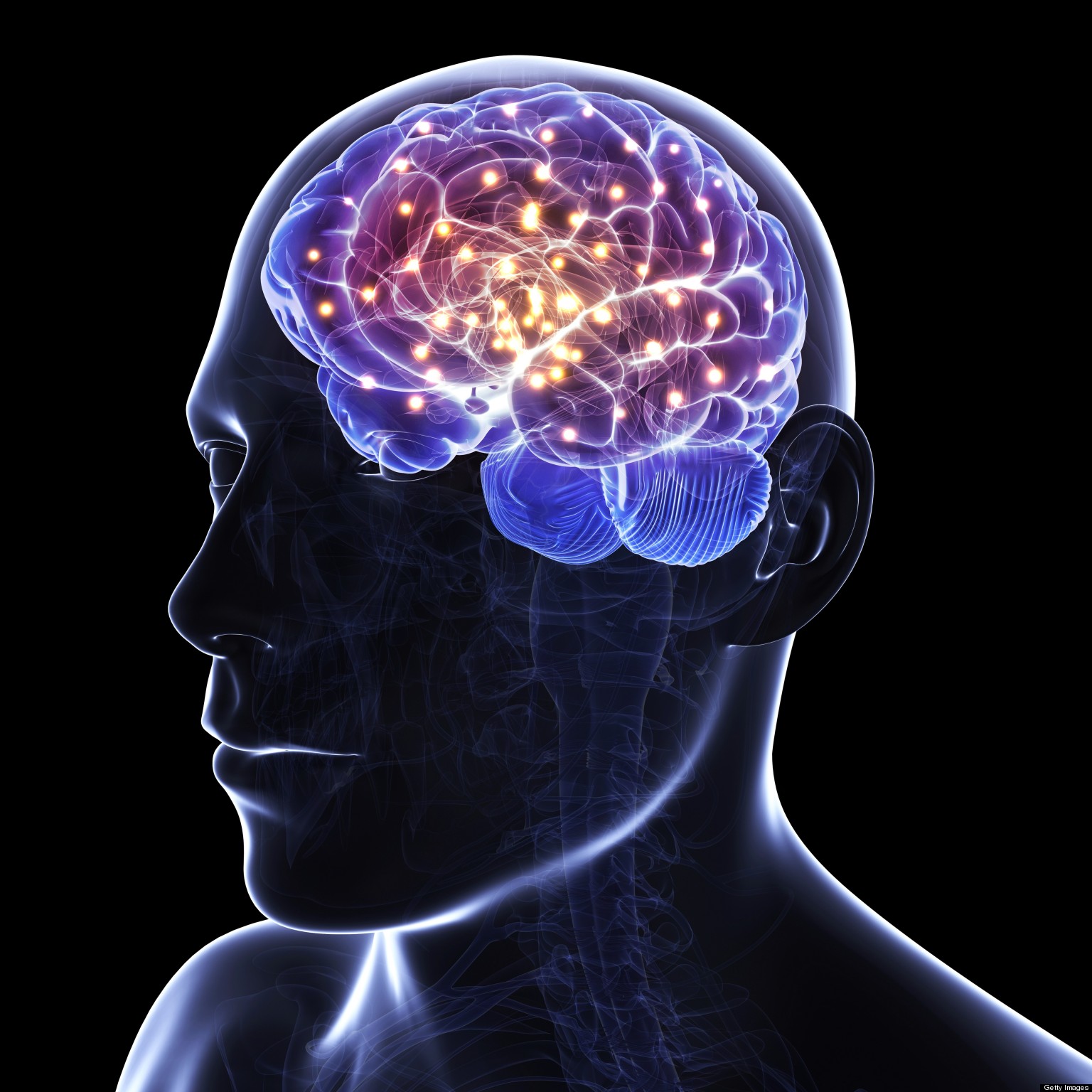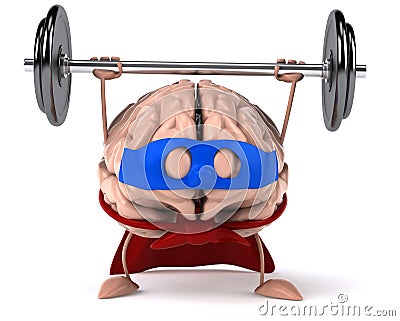I came across this article from ABC News that caught
my eye and had a nice fit with my blog.
How Reading a Novel Can Improve the Brain
Jan 12, 2014
COLUMN by LEE DYE
It's amazing you can read these words.
It took millions of years for humans, and our recent ancestors, to develop
the visual and motor and auditory skills that let us function in the complex
world we inhabit today. But in less than 5,000 years, a brief span in human
history, we learned how to read.
And that skill, or at least our understanding of it, is still evolving.
Scientists are using some of their most sophisticated tools to peer inside
the human brain to see what happens when we engage in the process of reading,
and they are finding a number of surprises:
-- Reading is a very complex task that requires several different regions
of the brain to work together.
-- But surprisingly, we don't use the same neural circuits to read as we
grow from infants to adults. So our brains are constantly changing throughout
our lives.
-- It appears possible that reading can improve the
"connectivity" between the various brain circuits that are essential
to understanding the written word.
-- And there is recent evidence that simply reading a good novel can keep
that enhanced "connectivity" working for days, and possibly longer,
after we have finished the book.
Reading is not just one of the talents we were born with, like seeing and
hearing. It is a "recent cultural invention," as one researcher put
it. Just a few thousand years ago, some creative human probably carved the
first symbol in the wall of a cave, launching his followers on a rich, new
adventure -- reading.
 And yet we have this ability to read complex words
and sentences on a page that we process and recreate in our brains. Our brains are truly remarkable organs. It really does separate us from the
animals. Think about it. According to Wikipedia chimpanzees have 98% similarity in genetic code and yet our ability to think and process is light
years beyond. The amount of process that
goes on in just reading one word is startling, given that you have to categorize each
letter, organize to phonemes, associate it to grammatical function, and
associate it with nouns or actions or concepts.
The article quotes a researcher who claims that reading is a “cultural
invention,” which I guess is true, but frankly if it were only that they could
teach a chimp to write a paragraph. I
don’t buy that. There seems to be
something special about the human brain.
And yet we have this ability to read complex words
and sentences on a page that we process and recreate in our brains. Our brains are truly remarkable organs. It really does separate us from the
animals. Think about it. According to Wikipedia chimpanzees have 98% similarity in genetic code and yet our ability to think and process is light
years beyond. The amount of process that
goes on in just reading one word is startling, given that you have to categorize each
letter, organize to phonemes, associate it to grammatical function, and
associate it with nouns or actions or concepts.
The article quotes a researcher who claims that reading is a “cultural
invention,” which I guess is true, but frankly if it were only that they could
teach a chimp to write a paragraph. I
don’t buy that. There seems to be
something special about the human brain.
The article goes on to cite an experiment, where
they assess brain development with blood surging to certain sections of the
brain.
Neuroscientists at Emory University in Atlanta have determined that just
reading a gripping novel makes changes in the way the brain connects with
different circuits, and most importantly, those changes last for at least five
days. They may not be permanent, but that at least suggests that the rewards
from reading last longer than the act itself.
Emory's Gregory Berns and his colleagues put 21 students (12 females and
nine males) through an fMRI for about 30 minutes a day for 19 days to collect
their data. During the experiment the participants read the 2003 novel,
"Pompeii," by Robert Harris, based on the destruction of that city by
the eruption of Mount Vesuvius.
The students were scanned for five days before reading the book, and five
days after they had finished. During the intermittent nine days they read one
chapter each evening before the scanning the following morning.
The scanner revealed a sharp spike in two neural networks after the first
chapter, and that continued throughout the rest of the experiment, including
the five days after the reading was over.
"Even though the participants were not actually reading the novel
while they were in the scanner, they retained this heightened
connectivity," Berns said in releasing the study.
Well, their first mistake was in selecting a Robert Harris
novel for the experiment. Haha, only
kidding. Pompeii is actually a novel I had once planned to read but never
got to it and then the desire fell by the wayside. I still have the book somewhere. My second thought was I hope they paid those
students for that. MRIs can cause
headaches and frankly are not pleasant. I
wouldn’t want to undergo so many over that extended period of time. But students are dumb and gullible. ;)
Seriously, either the article lacks a key piece of
information or the conclusion seems built on a tenuous deduction. Because blood is shown to be in specific sections
of the brain may conclude activity, but I have no idea how that proves there is
increased connectivity. As an engineer who
uses controlled experiments to come to design conclusions, I wouldn’t feel
comfortable making such a claim based on that data. Now of course a biological experiment is
limited in ways a mechanical experiment of inanimate parts would not be, so
perhaps they must make a bit of a leap if they want to come to
conclusions. Perhaps this is an example
of why biological “conclusions” often get proven wrong later on.
The article itself poked a hole in the study.
The study underscores the difficulty of conducting brain research among
healthy subjects when it's impossible to control every aspect of their lives.
They obviously read the book, because they passed a quiz each day before
being rolled into the scanner, but what else did they do? Were they still
thinking about the book while in the scanner, although they were supposed to be
at a "resting state" in which they are mentally unengaged? And it is
known now that the human brain is never really "at rest." It remains
an active processor, even in our sleep.
The fact that the participants' neural circuits were active while they were
reading is not surprising, because some circuits light up whenever we do
anything. But the effect lasted beyond the book, and that has intrigued other
scientists who must now duplicate, and expand, the findings for them to remain
viable.
How do they prove that the brain activity was
related to reading the book or any of the myriad of things we all do in a
day? Do people in illiterate societies have
less brain power? Do illiterate people
have more of a likelihood of dementia or Alzheimer’s? What exactly are they measuring and what does
that prove?
I’m sure there is something to their study. I am sure that reading stimulates brain
function, and that is probably beneficial.
The article ends on this note from a different study.
Scientists at the Washington University School of Medicine in St. Louis
found that even the seemingly simple act of reading involves 17 regions of the
brain, but not all at the same time. They studied 30 persons ranging in age
from seven to 35 and found that some regions actually grew less active with
age, so even the physical activity in the human brain is not constant.
And that reinforces something our mothers tried to teach us: Start early.
Read often. Give your brain a little help.
So the moral of the story is, read a novel. It will make your brain…uhm…bigger, or is it
stronger, or is it faster, or is it…oh who knows. It makes it something.


Thank you for this well-researched and interesting article.
ReplyDeleteYes, reading, thinking, remembering and being able to plot and plan make us different from the animals.
It never ceases to amaze me how if I read a story I can visualise what is happening and the surroundings it is happening in; and yet, my visualisation would be different to yours if you were reading the same passage.
What makes us "visualise" images and scenarios inside our heads?
To me, this complexity of the human body, and life in general make me believe more in an Almighty Creator.
God bless.
Yay! Now I don't have to feel guilty about reading novels!
ReplyDeleteThank you both for stopping by. :)
ReplyDelete(((Do illiterate people have more of a likelihood of dementia or Alzheimer’s?)))
ReplyDeleteLong story short! I've asked my wife who worked for at least 32 years at a seniors home and tells me that she's seen more knowledgeable people who loved to read suffer from dementia and/or Alzheimer’s then the rest.
I hear YA! But was that an officially conducted survey Victor? :)
Peace